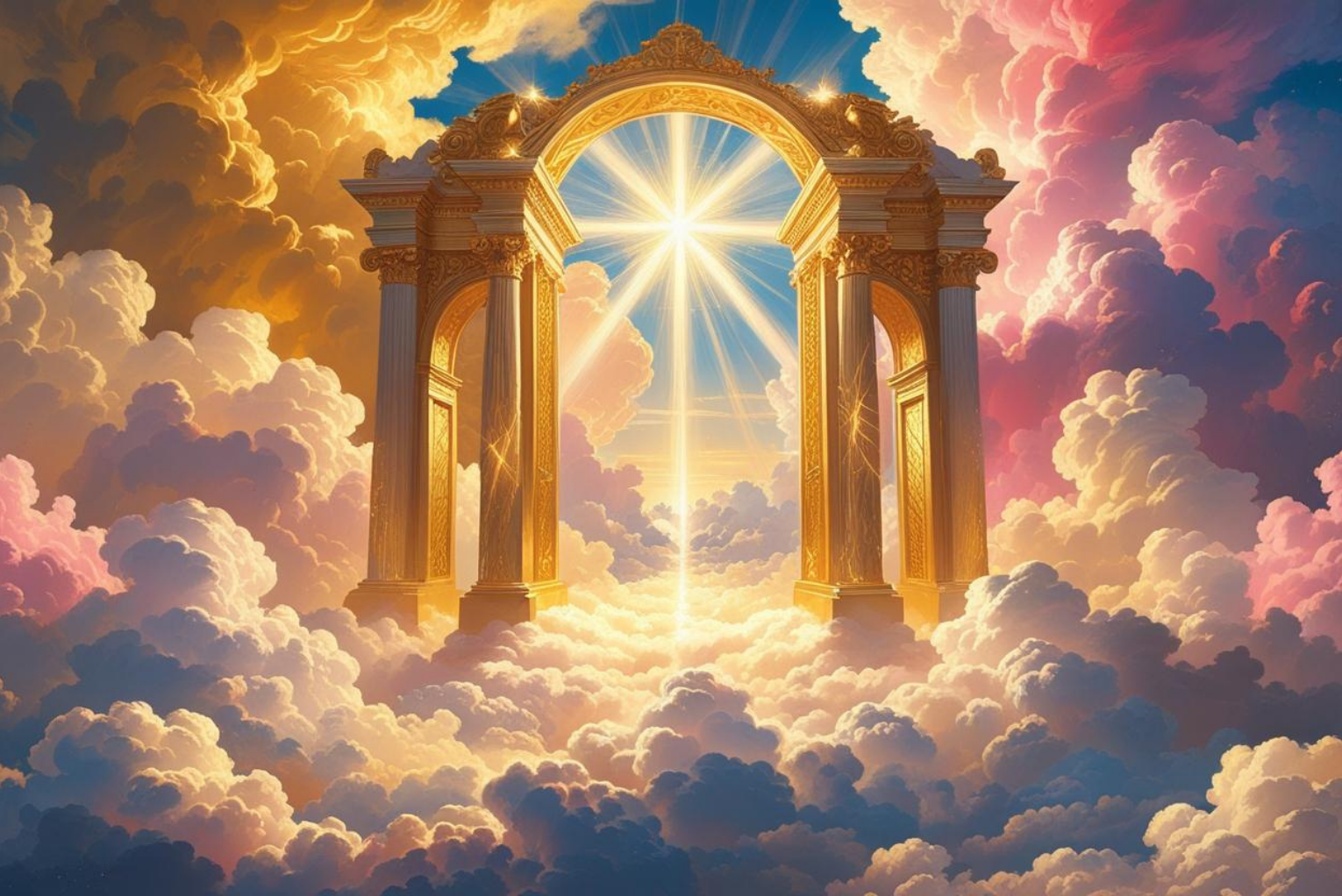Ruth knew nothing of the formal rituals of Israeli worship, but she loved Naomi with a passion only God could have instilled. Her faith was raw and untrained but passionate.
Ruth’s unrelenting passion and dedicated service over time washed away Naomi’s hopelessness and revived her belief in God’s ultimate goodness. As Naomi watched Ruth day after day, something awakened within her that enabled her to overcome the bitterness of past disappointments and believe God for a yet-unrealized future (Ruth 2-3).
A Modern Application
If you’re not familiar with the details of the book of Ruth, I encourage you to go back and read it. God used Ruth and Naomi to secure the seed of Christ through one of Israel’s darkest hours—a time not unlike our own.
When studying Ruth, we often focus only on her sacrifice for Naomi. However, Naomi made significant sacrifices for Ruth as well.
Close investigation of Ruth reveals that Boaz, the kinsman who married Ruth and became the ancestor to both King David and Christ, was actually closer in age to Naomi than to Ruth. Because she was a Jew, Naomi had rights to exercise the Israeli law of kinsman-redemption.
If Naomi had chosen to do so, she could have insisted Boaz marry her instead of marrying Ruth. However, Naomi desired to secure Ruth’s future and make a place for her in God’s family (Ruth 3:1). Like Ruth, Naomi sacrificed her own fulfillment for that of another.
At this hour in the modern church, we face the need to reconcile two very different generations. One, like Naomi, has walked with God a long time in traditions they hold dear.
The other, like Ruth, knows little of tradition and is driven more by the blind passion of desperate need. The younger generation is perhaps one of the most broken, alienated generations ever produced by America. More than half have grown up in broken homes, nurtured by a depraved media bent on seduction, addiction, abnormality and death.
The situation we face, like the one Ruth and Naomi encountered, presents us with little hope. Our past “methods” of religiosity and packaged belief systems have widowed us, and we are seeking to replace them.
We are all having to realize we don’t know God as well as we may have thought we did. And that’s where God wants us to begin.
The Road Home
The book of Ruth recounts Naomi’s journey home and Ruth’s starting over. Both women had to sacrifice a lot of pain and tradition to make it work.
It was risky for Naomi to return home with a Moabitess. Moabites were not accepted in Jewish culture. Fortunately, Boaz, whose mother had been Rahab of Jericho, was willing to see God in strangers (Josh. 2:1-21; Matt. 1:5). We should be too.
If the church is going to survive, we must adopt the servant’s attitude Ruth and Naomi had for each other. We must make room for one another and allow God to work out His will however He chooses.
Neither Ruth nor Naomi could fathom the glorious plan God had for them—a plan that would secure their names in the scriptural hall of fame forever. They didn’t realize anything so grand; they simply responded to each other in love and clung together to uphold their faith in God.
The truth is, we should be able to find God in just about any worship song, hymn, ritual or radical embrace, if we really want to. We need to lay down our rights and preferences and submit ourselves to the sovereignty of God’s Holy Spirit.
Jesus made it plain to the woman at the well that God does have preferences with regard to how we worship Him (John 4:23-24), and unless we’re very sure we understand those preferences, we must keep an open mind. As we seek Him humbly, the Spirit of God will lead us into reconcilable truth (John 16:13).
The greatest accomplishment of Ruth’s and Naomi’s lives was choosing to invest themselves in another generation. I encourage the younger generation—my own—to realize all you can learn from older saints. You will learn from them as you serve them.
And I encourage the older generation to follow the Word of God. It is His will for you to instruct the younger generation (Titus 2:3-8). They will not listen to you if you are bitter and critical. Resolve your grievances with God and then love those who are struggling to find their way in Him.
The combined sacrifices of Ruth and Naomi led to Ruth’s redemptive marriage (representing intimacy with Christ and the birth of His kingdom). Together, they became the bride.
We can do the same. We can make a place for one another and learn from one another.
Moreover, we can love one another, which is Christ’s greatest command. Let us join our hearts and our congregations by seeking the unity for which Jesus died.
Julie R. Wilson is the author of Homecoming: A Prophetic Study of Ruth (FaithWalk Publishing), from which she adapted this article.











































